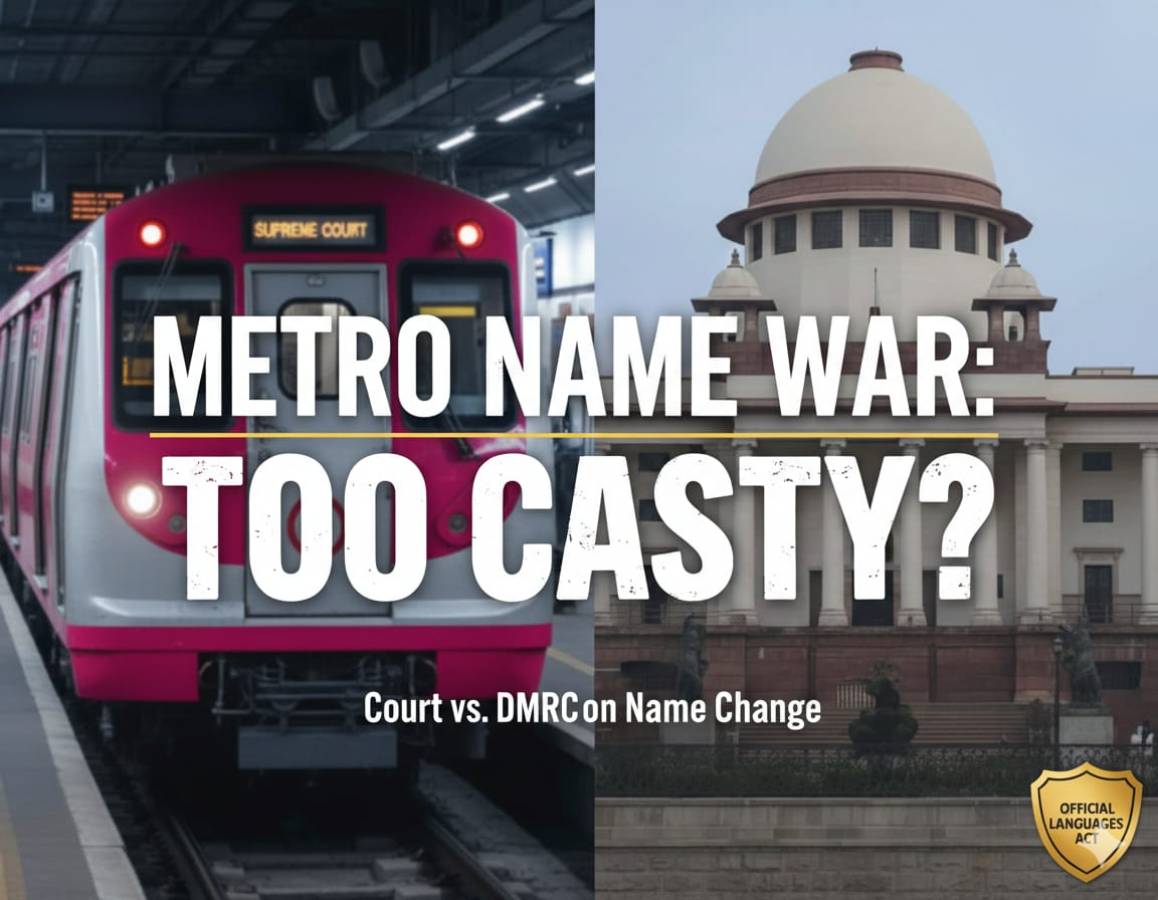.jpeg)
In Bihar’s political landscape, where old loyalties still dictate new realities, Prashant Kishor has emerged as a rare voice promising transformation grounded in facts, not slogans. Once known for crafting election victories for leaders across the spectrum, Kishor now seeks to write his own story — not as a strategist behind the curtain, but as a reformer standing in the open field of Bihar’s everyday struggles.
Born in Buxar and educated in Patna, Kishor’s rise began far from the villages he now visits. As a public health professional working with the United Nations, he had the world at his feet. Yet he chose to return to Bihar, a state long defined by poverty, migration, and the politics of caste arithmetic. His decision to turn toward public service was less about ambition and more about purpose — a conviction that Bihar could no longer afford to survive on promises that never reached its people.
Kishor’s “Jan Suraaj” campaign reflects that purpose. It is not a party in the conventional sense but a movement rooted in direct contact with citizens. Since 2022, he has walked thousands of kilometers across districts, listening to villagers, farmers, youth, and women. He calls this yatra the foundation of a people-driven model of governance. His message is simple that politics must return to the ground where real India breathes.
Bihar’s condition gives his words weight. Despite decades of government programs, the state continues to rank among the poorest in India. Employment opportunities are scarce, with migration to other states becoming almost a rite of passage for young men. Educational institutions struggle with quality, and public healthcare remains patchy. In this scenario, Kishor’s campaign focuses on empowering the grassroots rather than promising short-term freebies.
He speaks often about governance, but his language is that of development, not ideology. Kishor argues that Bihar’s failure is not due to lack of resources but due to the failure of leadership and accountability. He believes that change can come only when decision-making is decentralized, when local bodies have real power, and when citizens hold leaders answerable beyond elections. His proposed model gives local representatives, teachers, and village-level workers a structured role in decision-making, ensuring transparency and efficiency.
Kishor’s critics accuse him of being an outsider in active politics, someone who understands data better than emotion. But his supporters counter that he brings precisely what Bihar has lacked — a vision unburdened by legacy politics. He is neither from the Lalu Yadav school of social justice nor from the Nitish Kumar model of cautious development. He is trying to carve a third path, where politics serves governance and not the other way around.
The appeal of his movement lies in its discipline. Unlike traditional rallies filled with chants and promises, his meetings resemble community discussions. People talk, and he listens. He avoids grandstanding, relying instead on conversation and participation. His long journey through Bihar’s villages is reminiscent of a pre-independence political tradition when leaders met people face-to-face, understanding their hardships before crafting policies.
This approach has started to create ripples among young voters and first-time participants in politics. Many see Kishor as a modern-day reformer who combines administrative knowledge with ground awareness. His criticism of all existing parties including those he once helped — reflects both courage and conviction. He often reminds the public that change will not come from replacing faces but from changing the system that breeds inefficiency.
The challenge before him is formidable. Bihar’s political field is deeply entrenched. Castes, alliances, and old loyalties continue to shape outcomes. Even with a growing following, converting a people’s movement into electoral success is a steep climb. Yet, Kishor’s strategy seems clear. He is not rushing toward power; he is building credibility brick by brick. His team’s focus on education, employment, and local governance keeps the movement rooted in realism.
In a state that has been ruled alternately by populism and pragmatism, Kishor’s idea of governance through accountability stands out. He talks of measuring performance, auditing results, and making public expenditure transparent. For a region where corruption and inefficiency have long gone hand in hand, such talk offers a rare note of hope.
Bihar has waited long for a leader who understands both its pain and potential. Prashant Kishor’s journey is still unfolding, but his presence has already stirred conversation across drawing rooms and village squares. Whether he becomes the political kingmaker or the king himself remains uncertain. What is clear is that his movement has rekindled faith in the possibility of honest governance.
In the maze of Bihar’s politics, where every road has led back to old power centers, Prashant Kishor walks a different path — one that might finally lead Bihar toward self-belief and sustainable change.
By Gautam Jha
Managing Editor





















